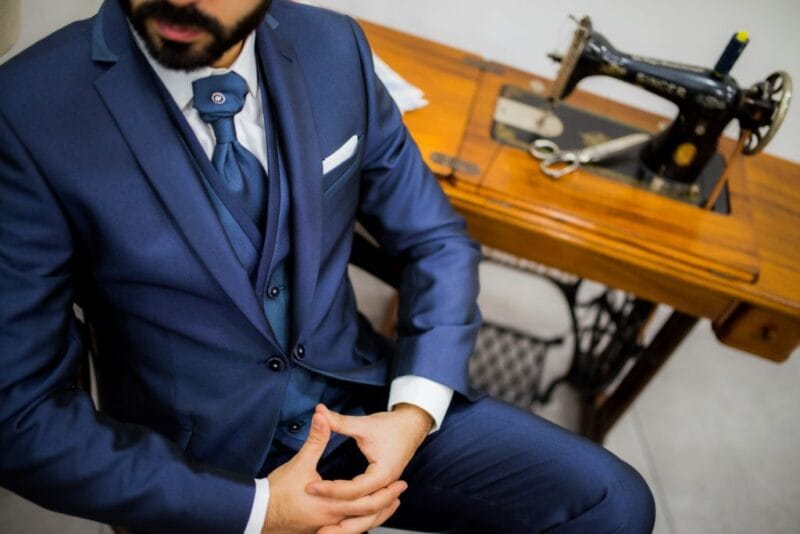The Italian fashion industry, a pillar of global luxury, is trying to restore its image. Under the impetus of judicial authorities, the regional government, trade unions, and major fashion houses, an action plan was signed this Monday to put an end to the excesses in the supply chain of the sector.
This initiative follows a series of investigations conducted by the Milan public prosecutor’s office. The magistrates uncovered a widespread system behind the scenes of clothing and accessory manufacturing: the use of clandestine workshops, precarious working conditions, miserable and often undeclared wages. This method was described as “widespread” in the judicial documents consulted by Reuters, which warns of the dangers to the health and lives of workers, all for inflated profit margins.
A previous case had already hit hard: in 2023, prosecutors revealed that luxury bags made for Dior and Armani were sewn in illegal workshops where undocumented immigrants worked for a fraction of the final sale price. More recently, a subsidiary of Valentino was placed under judicial guardianship following similar abuses.
To break out of this scandal-reaction logic, the Milan court proposed a proactive framework. The memorandum of understanding signed this week provides for the creation of a database listing the suppliers of fashion brands and the working conditions in their workshops. These companies will be invited to register their data – tax compliance, respect for labor rights, social contributions – and to update it at least twice a year.
Even though this approach remains voluntary, brands commit to promoting their subcontractors’ adherence to the platform. Those who comply will be able to receive a transparency certificate issued by the Lombardy region, valid for six months and renewable.
Fabio Roia, president of the Milan court, expressed his hope that this new governance will help prevent abuses upstream: “The goal is for justice no longer to need to intervene.”
With fashionnetwork.com


